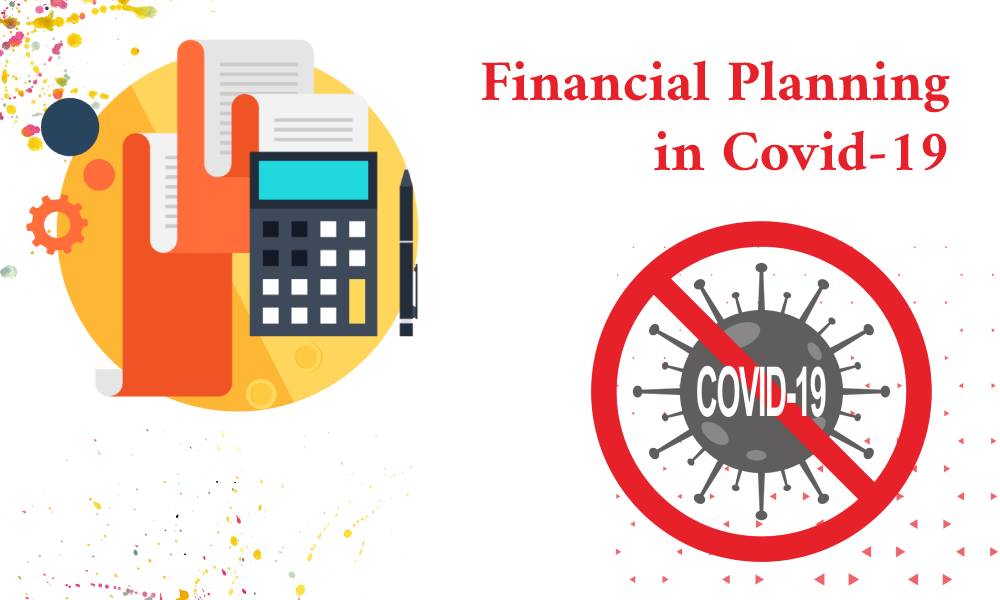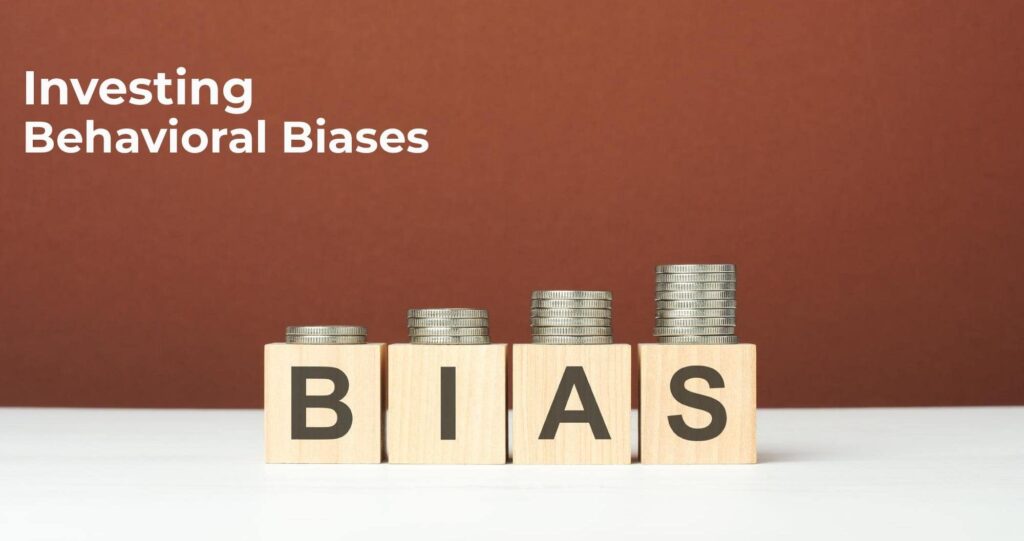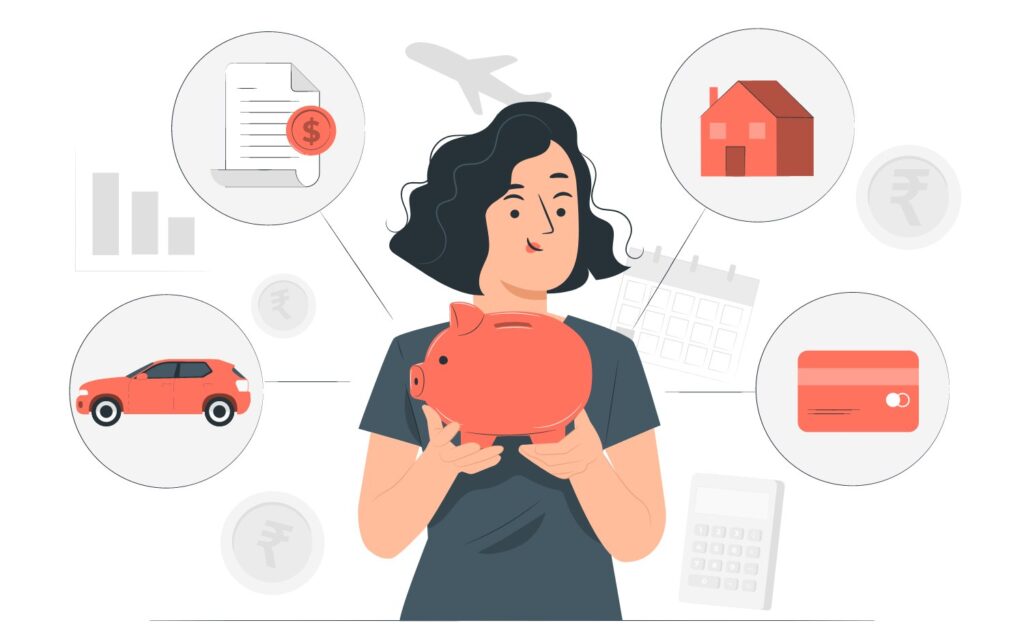Who wouldn’t love a Ferrari standing by his doorstep? Or an aristocratic house which speaks of money spent on it? We all know how powerful money is and how it puppets every other individual by either empowering or destroying them totally. However, if we as responsible individuals strategies our financial status accordingly and wisely, we might enjoy all the wealth but what matters today is your savings and cost of living according to your income. But how do I know if I need to cut down my expenses for the welfare of my future?
- If you struggle to save even 20% to 15% of your monthly income by the end of the month and end up spending all of your earnings on food, clothes and much more, it truly indicates that you are forcing yourself into future financial trouble. Low saving rate also calls for the fact that you are not investing for emergencies, retirement or even future goals which might leave you bankrupt.
- Your cost of living may be excessively expensive if your debt-to-income ratio is high. Generally speaking, financial masters advise limiting your overall debt payments to less than 36% of your gross income. High debt levels are frequently a sign that you’re spending too much on credit to support your way of life, which is ultimately unsustainable. This reliance on debt may put further burden on your budget in the form of high-interest payments.
- Circumstances under which you are forced or intentionally have to use credit cards frequently for menial goods due to exhaustion of your monthly income can be counted as another sign of your high cost of living. You should strictly implement on the 50-30-20 rule and try to compromise and live within what your limit permits.
- Being unable to pay for necessities like food, housing, and medical care is an alarming sign. A high cost of living is indicated if your income is disproportionately used for basic requirements. This circumstance may force you to make unpleasant trade-offs that could harm your wellbeing over time, such forgoing critical purchases or healthcare.






